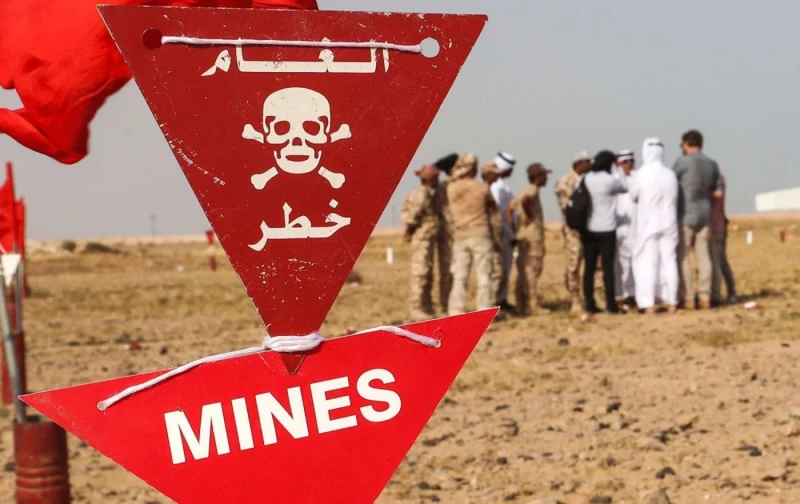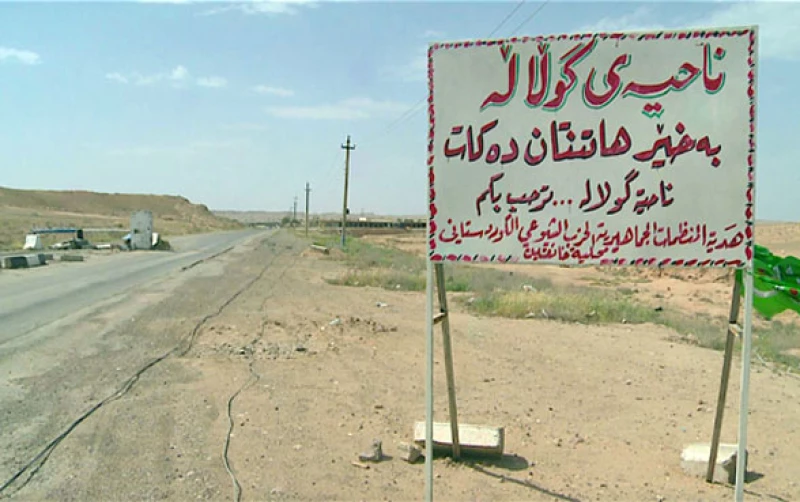ANKARA, Turkey - Turkish President Recep Tayyip Erdogan’s long-awaited visit to Iraq occulted during the ongoing Israeli attack to Gaza. Iraqi Prime Minister Mohammed Shia' al-Sudani stated that it is the time for the two countries to resolve the issues instead of postponing, which increased expectations from the visit.
Despite the fact that these two countries share a long land border, it was the first visit after 13 years. To what extent the visit meets expectations is difficult to answer. However, it can be said that there are no jaw-dropping results in the short term.
Joint combat with against PKK is uncertain
Turkish Foreign Minister Hakan Fidan visited Iraq in August 2023 which was interpreted as a preparatory initiative for Erdogan’s visit. Erdogan’s one-day visit to Baghdad and Erbil with a large delegation resulted in 26 agreements and memorandums of understanding in different areas.
Turkey's traditional stances in Iraq are security, economy, protection of Turkmens and preservation of territorial integrity in Iraq. However, some acute priorities that cross these stances have been a Catch-22 situation for the two neighbors for years. The first priority for Ankara, which carries out military operations within the scope of the doctrine of "destroying terrorism at its source", is to defeat the PKK. Turkey prepares for a comprehensive military operation against the PKK within the borders of Iraq.
Following Erdogan's statement in the first week of March, “We will have solved the problems regarding our Iraqi border this summer,” Fidan met with his Iraqi counterpart in Baghdad with his accompanying delegation. In the meeting, it was declared, the decision taken by the Iraqi National Security Council which considered the PKK a “banned” organization and it was considered as a victory for Ankara. In Baghdad, Erdogan said the two leaders discussed steps the two countries could take against the PKK. Even though Erdogan appreciated the step that Iraq took to designate PKK as a banned organization, he made it clear that Turkey expects Iraq to recognize the PKK as a “terrorist organization”.
Ankara, which thinks that Baghdad has long considered the PKK as an issue between the Kurds and Turkey and referred the problem to Erbil, argues that the federal government should now take more initiatives on the issue. Furthermore, Turkey expects that action should be taken regarding PUK's relations with the PKK, especially in Sulaymaniyah. However, the lack of concrete results on the joint combat with the PKK in the meeting means that Ankara will continue attacks due to the organization's activities in the Kurdistan Region, also in Kirkuk and Sinjar. Despite Iraqi officials’ warnings of violations of sovereignty and the damage to relations between the two capitals, Ankara seems likely to continue its fight against terrorism. Thus, relations on this issue are likely to remain tense.
Critical turning point in the Development Road
In addition to the fight against terrorism, Turkey's critical priorities in Iraq is to strengthen and protect economic relations. Ankara tries to separate the trade volume exceeding 20 billion dollars from problematic agendas with Baghdad. One of the prominent agendas of Erdogan's visit was the Development Road Project. The project, which includes railway and road lines starting from the Great Faw Port in Basra, passing through Diwaniyah, Najaf, Karbala, Baghdad and Mosul and extending to the Turkish border, is envisaged to provide access to Mersin Port from the Turkish border and reach Europe via Istanbul by road. Iraq and Turkey aim to shorten the travel time between Asia and Europe and become transit centers through the project.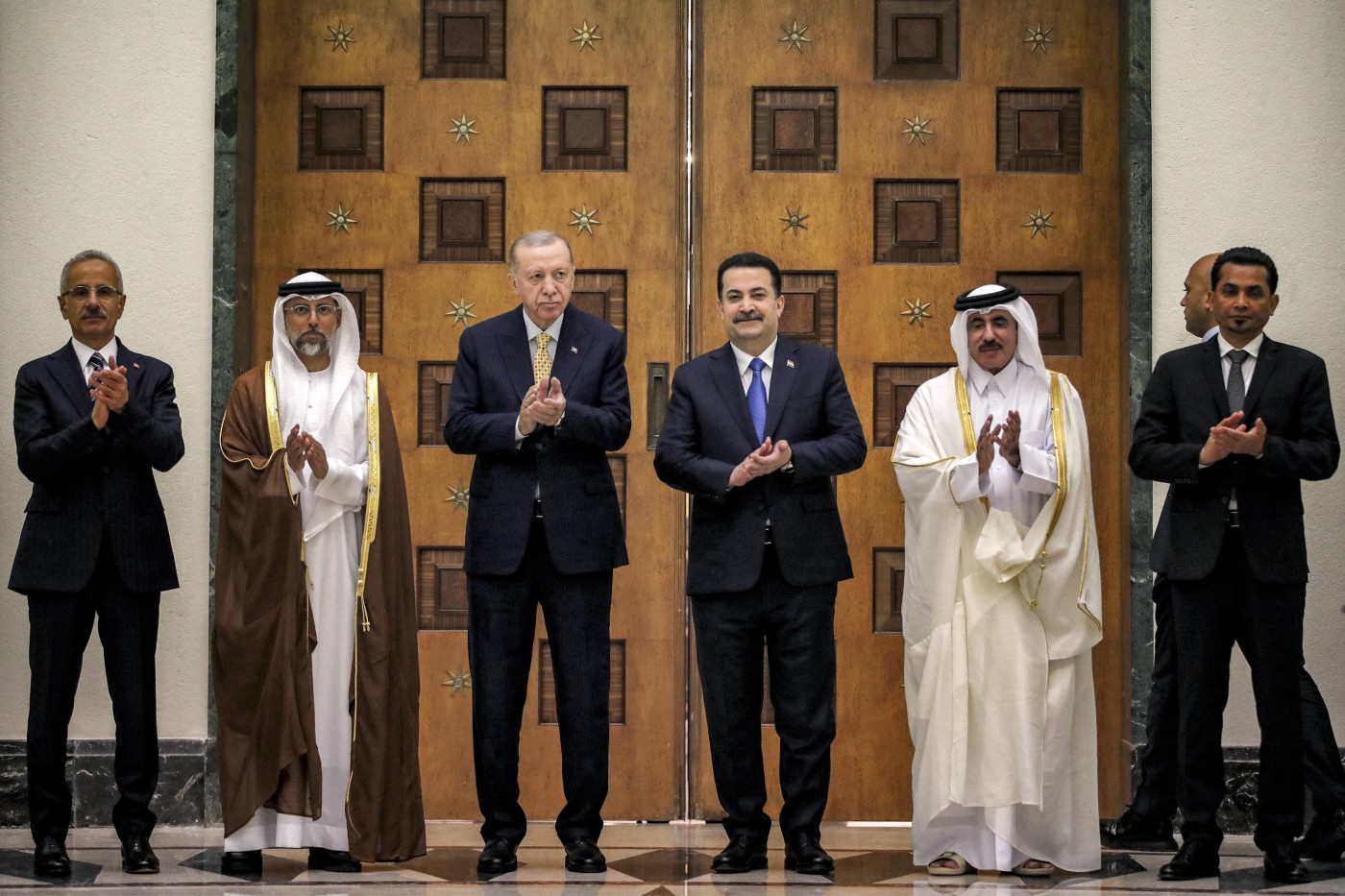
Turkish and Iraqi authorities have been working closely on the project for a while. Since that period, there has been intense contact traffic between Ankara and Baghdad regarding the project at all bureaucratic and political levels. In fact, a “mechanism similar to the Council of Ministers” will be established between the parties regarding the project. As a matter of fact, during Erdogan's visit to a preliminary agreement between Turkey, Iraq, Qatar, and the United Arab Emirates (UAE) to cooperate on the project was signed. This agreement is probably one of the most concrete outcomes of the visit. However, there is no concrete projection yet regarding the security risks, proper financing, Iran’s opposition to the Development Road project and the exclusion of the Erbil administration and the timetable of the project. Particularly, the Kurdistan Region of Iraq’s (KRI) concerns about the project that will enter Turkey from Ovaköy need to be eliminated. Because the KRI is worried that an alternative border gate to Fishkhabur may turn into a trump card over time.
Resumption of oil flow remains unresolved
Turkey pursues to strengthen relations with Baghdad and Erbil regarding energy, especially gas. Reopening oil pipelines, which have been closed for more than a year, was one of the agenda items of Erdogan's visit. Oil poured from the KRI was marketed freely via Turkey's Mediterranean port of Ceyhan, according to a deal between Ankara and Erbil in 2014. Iraq sued Turkey at the International Chamber of Commerce (ICC) in arbitration following the start of autonomous Kurdish exports. Baghdad said that by permitting oil exports from the KRI without its consent, Turkey had violated a 1973 pipeline deal. In March 2023, the International Chamber of Commerce issued its verdict requiring Turkey to reimburse Baghdad for enabling oil exports from Iraqi Kurdistan to Turkey without the consent of the Iraqi federal government, amounting to around 1.47 billion USD.
Ankara has been announcing for a long time that it is ready to reopen the oil pipeline. Erbil also states that it is ready on this issue, but it is no secret that Baghdad puts forward excuses with regards to this matter. Particularly considering that Baghdad recently has been systematically pressuring the Erbil administration, it can be assumed that the ball is in the federal government's court that wants the contracts of oil companies working with KRI to be transferred to Baghdad. The ICC’s ruling was a process of Baghdad taking revenge on Ankara and Erbil, but in this process, the focus has turned into the issue between Erbil and Baghdad. Despite expectations during Erdogan's visit, there has been no progress in resumption of oil exports. Turkey’s precondition is claimed to restart the flow of oil if Iraq was to withdraw a second lawsuit. The latter ICC case relates to KRG oil exports from 2018 until April 2023. Failure to resolve the issue seems likely to fuel distrust in Ankara-Baghdad relations and increase Erbil's economic bottleneck.
No immediate solution for water sharing
During a press conference Iraqi Prime Minister Muhammad Shia' al-Sudani said that a 10-year agreement on management of water resources that ensures Iraq will get its fair share was agreed upon with the Turkish side. However, the water issue could almost be described as a gangrene between the two capitals. Considering the water issue as an area of cooperation that serves common interests, Turkey claims that Iraq is not sufficiently careful about its water use. In response to this claim, Baghdad accuses Ankara of adopting an unfair approach to water flows via its dam construction policy. Erdogan in 2019 appointed former minister of forestry and water affairs Veysel Eroglu as a special envoy to Iraq to resolve this problem. Eroglu has worked on an action plan on water management with a designated team and carried out joint studies. However, it is difficult to say that concrete progress has been made for the time being. The new agreement on management of water resources may seem promising, but judging by past experiences, the water issue may continue to remain one of the unresolved areas between the parties.
With Ankara's appointment of Fidan as Foreign Minister last June, relations with Iraq gained a strong momentum, particularly with the contacts established with pro-Iran actors. However, the high expectation from Erdogan’s visit seems to fall short. The fact that the visit came after a long time shows that relations with Baghdad and Erbil are significant to Turkey. Political stabilization in Baghdad and balanced relations with Erbil seem to remain indispensable for Ankara for a long time.

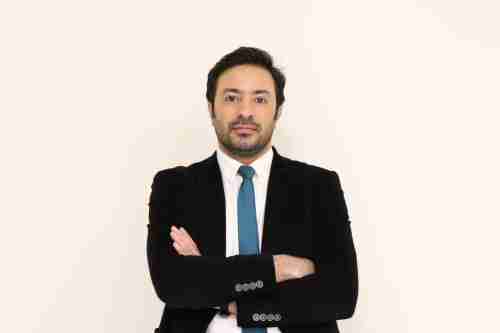
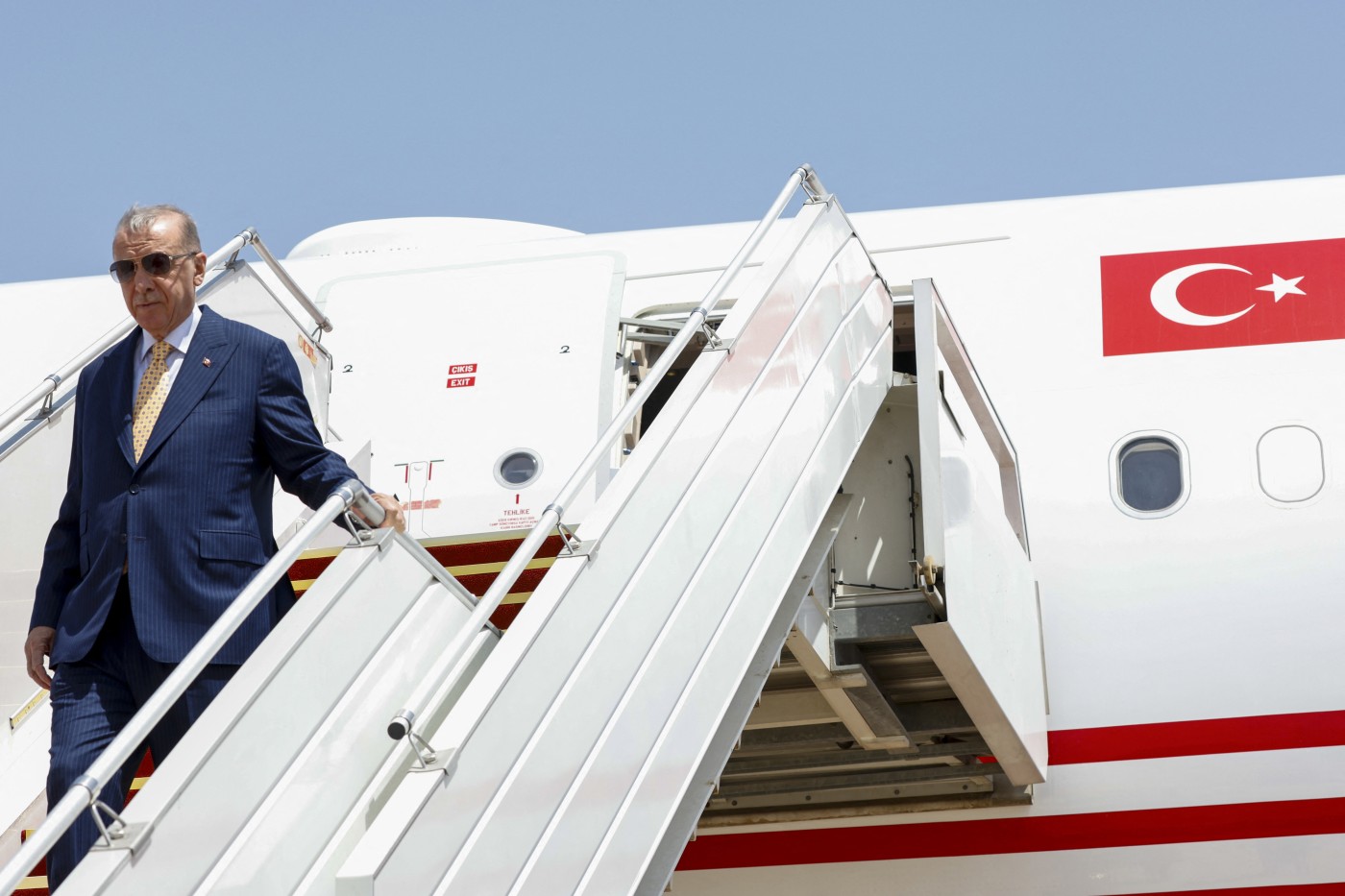
 Facebook
Facebook
 LinkedIn
LinkedIn
 Telegram
Telegram
 X
X
